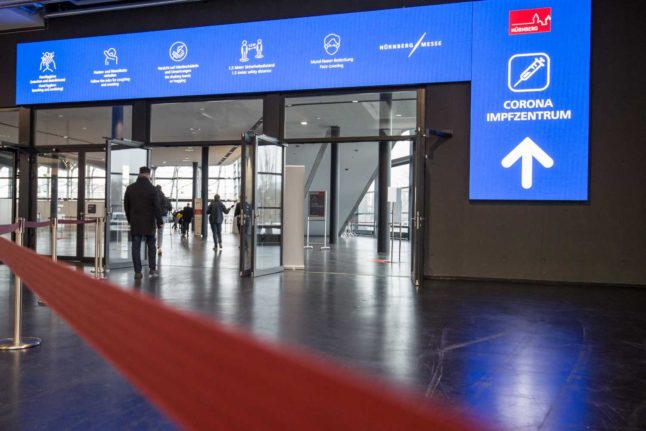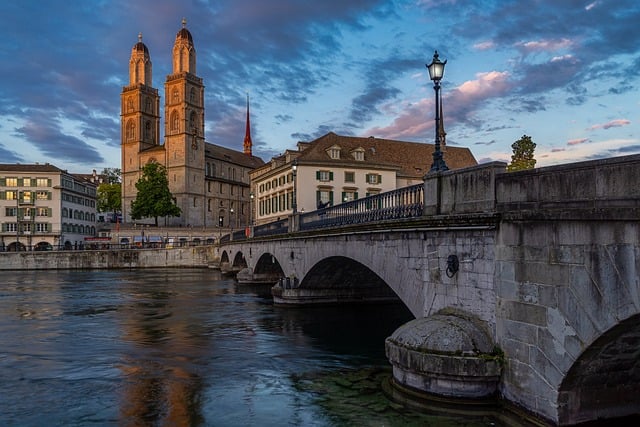Please note, this article is now out of date. Click here to see updated rules.
Switzerland, as with many other countries where the number of vaccinated people continues to rise, is now grappling with the issue of whether those who have been vaccinated – and are supposedly protected from the virus – should face the same restrictions as everyone else.
Switzerland started vaccinations on December 2020.
While Switzerland has not taken the same road of imposing harsh lockdowns like many of its neighbours, strict restrictions are still in place on leisure activities, gastronomy and travel.
Although travel is a central component of the Swiss economy, restrictions have been in place since the start of the pandemic.
EXPLAINED: Can people from the United States and Great Britain come to Switzerland?
Unfortunately, as it currently stands, people with both vaccination doses are not given special dispensation to enter Switzerland.
While a change to this policy is most likely to take place when Switzerland puts in place its ‘immunity passport‘, the country could follow the lead of one canton who has had such a policy in place since early 2021.
This Swiss canton already gives special privileges to the vaccinated
One solution could come from the small eastern canton of Graubünden.
With a population of under 200,000, Graubünden, which is sometimes known in English as Grisons, has adopted a progressive strategy in fighting the pandemic – including testing more than any other canton.
The canton has already implemented a program of giving privileges to those who have been vaccinated.
Anyone who has received both doses of the vaccine – along with anyone who has contracted the virus in the past three months and has recovered – may be allowed to avoid the quarantine requirements.
While all arrivals to Switzerland – along with those who have come into contact with someone who has been infected with the virus – will be required to quarantine for ten days, those who have had the virus recently or who have received a vaccination dose can avoid this requirement.
EXPLAINED: What are Switzerland’s new travel and quarantine rules?
This is outlined on the canton’s official website:
The canton of Graubünden does not prescribe an entry quarantine for travellers from other countries if they have been vaccinated twice against the coronavirus or have already tested positive for the coronavirus once (verifiable within the last three months).
Travellers from Brazil, Ireland, Great Britain and South Africa are exempt from this practice; they must in any case be in quarantine.
Cantonal health spokesperson Daniel Camenisch said authorities would make a decision on a case by case basis – and would need to have reference to supporting medical evidence.
“People who have been infected with Sars-CoV-2 within the past three months before entering Switzerland and who are considered cured can be exempted from the test and quarantine requirement if they present appropriate evidence,” Camenisch told Swiss news outlet Watson.
Camenisch also said people who could show they have received both vaccine doses may be allowed to avoid the requirement.
“Proof of this must also be provided by a medical certificate, a medical confirmation or by means of a vaccination card.”
This applies both to Swiss citizens and residents, as well as people from other countries.
Camenish said that at this stage people who entered Graubünden from high-risk countries are unlikely to be allowed to avoid the quarantine requirement – even if they have received both vaccine doses.
As it stands, people from so-called high-risk countries outside the Schengen/EFTA area are restricted from entering Switzerland – unless they are Swiss citizens or residents.
The following has an updated list of which countries are high-risk.
UPDATE: Which countries are currently on Switzerland’s quarantine list?
However, if Graubünden’s strategy proves to be a success, it may be implemented at a national level.




 Please whitelist us to continue reading.
Please whitelist us to continue reading.
Member comments